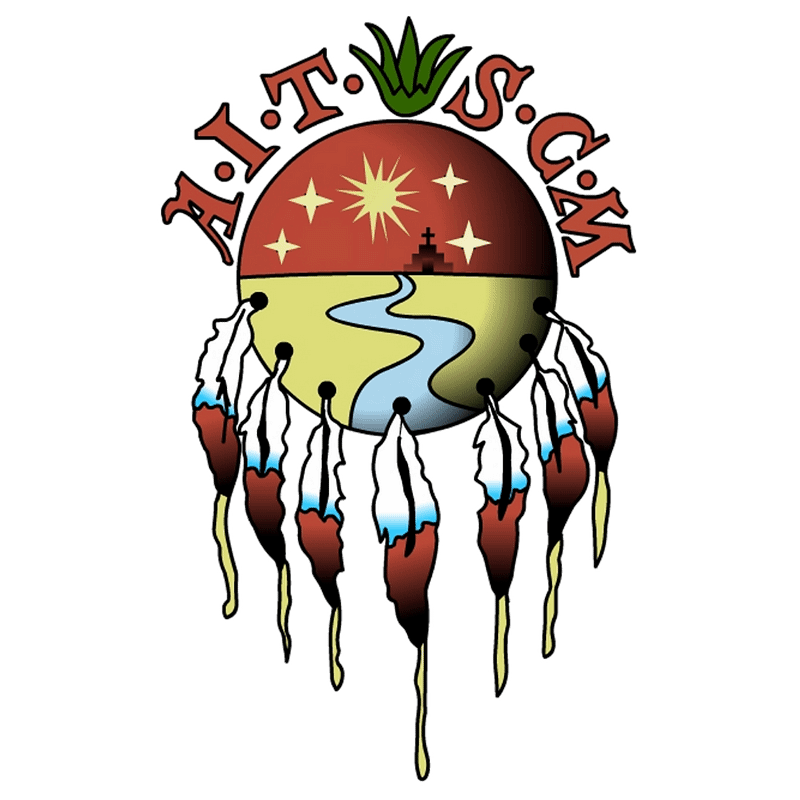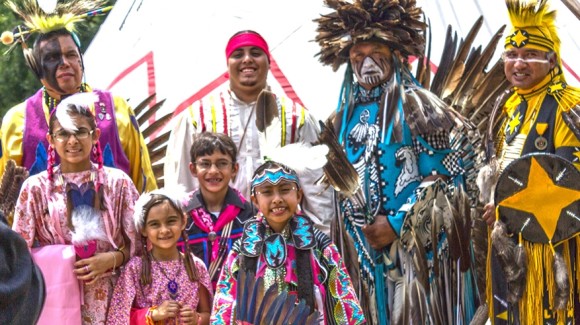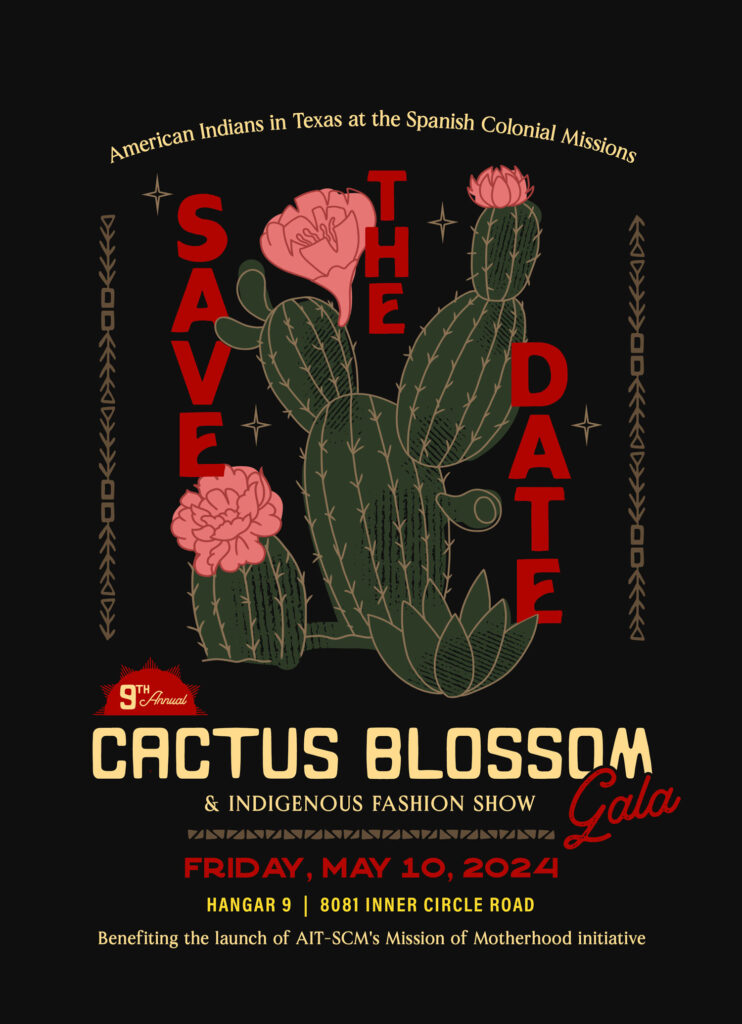Coahuiltecan Language Program
AIT-SCM is helping the Tap Pilam Coahuiltecan Nation to revitalize their ancestral language, Coahuilteco, and are on the threshold of bringing it back from extinction.
In 1999, the Tap Pilam began to research and develop the tools to implement a formal language program. AIT-SCM is applying to various foundations to fund a five-year plan to implement this program. The program will establish periodic and eventually year-round workshops and classes on the Coahuiltecan language and eventually house all language activities in an AIT-SCM owned facility.
Cultural Heritage Archive Project

In partnership with Northwest Vista College, AIT-SCM is engaged in helping to assemble an archive composed of historical documents and works which shed light on the peoples and places which led to the development of the culture of San Antonio and Bexar County as a whole.
“While the commercial history of the area is centered on the “Texas vs. Mexico” dichotomy and the Battle of the Alamo, the project wants to point out that those Texans were actually members of a diverse community made up of various European cultures recently “gone to Texas,” and an already-blended culture of Native Americans and Spanish colonists. […]
The project aims to “identify, catalog, and serve as a repository for a Special Collection of documents and artifacts relevant to the early history of San Antonio from the 1500s through the 1800s,” according to a memorandum of understanding between Northwest Vista College and American Indians in Texas At the Spanish Colonial Missions(AIT-SCM). The digitized collection will be available through the Centers for Cultural Research portals at Northwest Vista and the Land Heritage Institute” (McNeel “Local Historians: Native American Story Will Not be Left Out of Tricentennial” 2017).
National Urban Indian Family Coalition
Mission statement: “NUIFC elevates a national voice and sustains indigenous values and culture through a strong network of urban Indian organizations.”
The National Urban Indian Family Coalition (NUIFC) advocates for American Indian families living in urban areas by creating partnerships with tribes, as well as other American Indian organizations. We do this by conducting research to better understand the barriers, issues, and opportunities facing urban American Indian families and creating opportunities to enhance access to critically needed resources for organizations providing services.
Making the Invisible Visible
In recent US history, Native American and Alaska Native migration to urban areas like San Antonio has been consistently linked to United States federal government policies. The major influences for the change were socially, economically and environmentally driven. The most damaging of the social policies implemented by the United States toward Native Americans were boarding schools, relocation and termination. Many Native Americans/Alaska Natives have moved to cities based on economic need, oftentimes with their reservations or land being disturbed by the economic development of urban cities. Frontier ethics and environmental exploitation have affected rural areas in such a way that many Native Americans/Alaska Natives move to cities out of necessity


